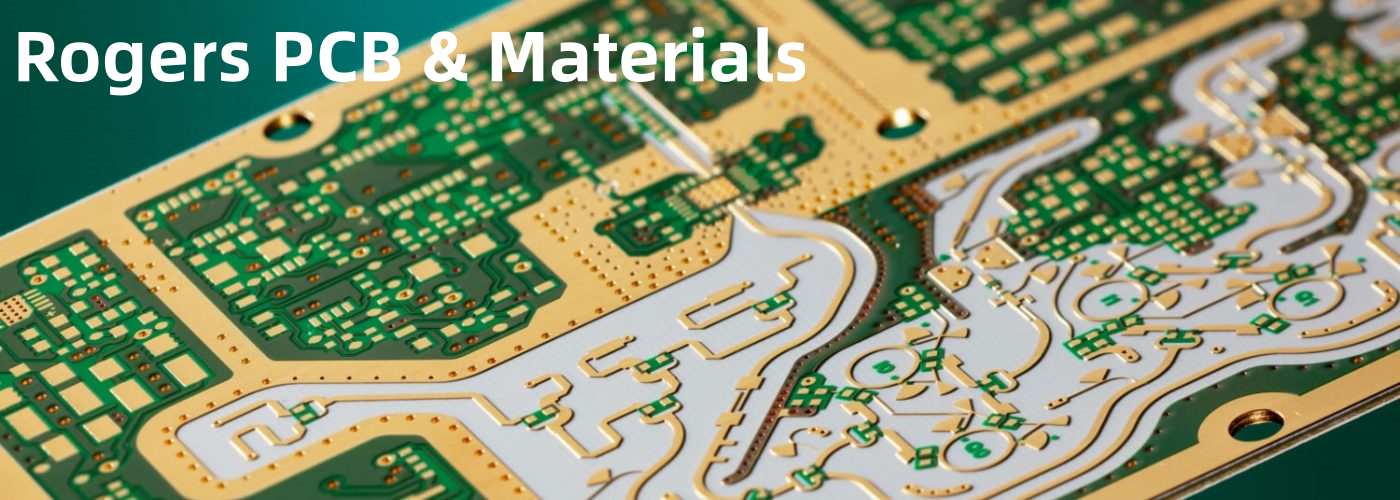Introduction
PTFE film composites from DeWAL Industries provide unique properties that make them suitable for a wide range of industrial applications requiring chemical resistance, temperature resistance, low friction, and non-stick surfaces. This article provides an overview of DeWAL PTFE film composites, their key properties and applications.
What are PTFE Film Composites?
Polytetrafluoroethylene (PTFE) is a fluoropolymer known for its high resistance to chemicals, heat, and weathering. It has very low friction properties and is non-reactive.
PTFE film composites from DeWAL combine thin PTFE films with fiberglass, silicone adhesive, or other carrier materials. This creates a composite material that provides the benefits of PTFE along with added strength, tear resistance, and other enhanced properties from the carrier material.
Some key properties of DeWAL PTFE film composites:
- Excellent chemical resistance
- Temperature resistance up to 500°F
- Low coefficient of friction
- Non-stick surface
- Weather/UV resistance
- Dielectric strength
- Flexibility
- Lightweight
- Can be bonded with adhesives
| PTFE Film Composite | Description |
|---|---|
| FEP Film | PTFE film with fluorinated ethylene propylene |
| Silicone Glass Fabric | PTFE film on fiberglass fabric with silicone adhesive |
| Single Sided PSA | PTFE film with pressure sensitive adhesive on one side |
| Double Sided PSA | PTFE film with PSA on both sides |
Applications

The unique properties of DeWAL PTFE film composites make them suitable for:
Chemical and Industral Processing Equipment
The chemical resistance allows PTFE films to withstand harsh chemicals in pipes, tanks, valves, pumps and other processing equipment. Preventing corrosion and contamination.
Wire and Cable Insulation
PTFE films can insulate wires and cables at high temperatures. The dielectric strength provides electrical insulation.
Cooking/Baking Surfaces
The non-stick surface allows food to easily release without sticking. Safe for commercial oven and cooking surfaces.
Bearings and Bushings
The low friction PTFE surface provides dry lubrication for bearings and bushings to prevent sticking and wear.
Release Surfaces
The non-stick properties create easy release surfaces for manufacturing molds, chutes, slides, and conveyors. Improving production speed and efficiency.
Moisture/Vapor Barriers
PTFE films act as moisture and water barriers due to their chemical resistance. Applications include building wraps and transmission covers.
High Temperature Gaskets
PTFE composite gaskets maintain their seal and prevent leakage in high temperature and pressure applications.
Frequently Asked Questions
What thickness options are available for PTFE films?
DeWAL offers PTFE films from .0005″ up to .045″ thickness. Thinner films provide maximum flexibility while thicker films offer better wear resistance.
What widths can PTFE films be supplied in?
PTFE films are available in standard widths up to 60″ wide. Wider widths or custom slitting is available upon request.
What adhesives can bond to PTFE films?
High-strength epoxy, acrylic, silicone, and hot melt adhesives can create good bonds with PTFE films. Proper treatment and primers may be required.
Can PTFE films be sewn or mechanically fastened?
Yes, PTFE films can be mechanically fastened or sewn using high strength polymers such as Kevlar or polyester. Avoid tearing by using generous edge distances.
What colors are available for PTFE films?
The natural color of PTFE is a translucent white. However, custom colors and prints are available by adding pigments to the PTFE resin before extruding.

Leave a Reply